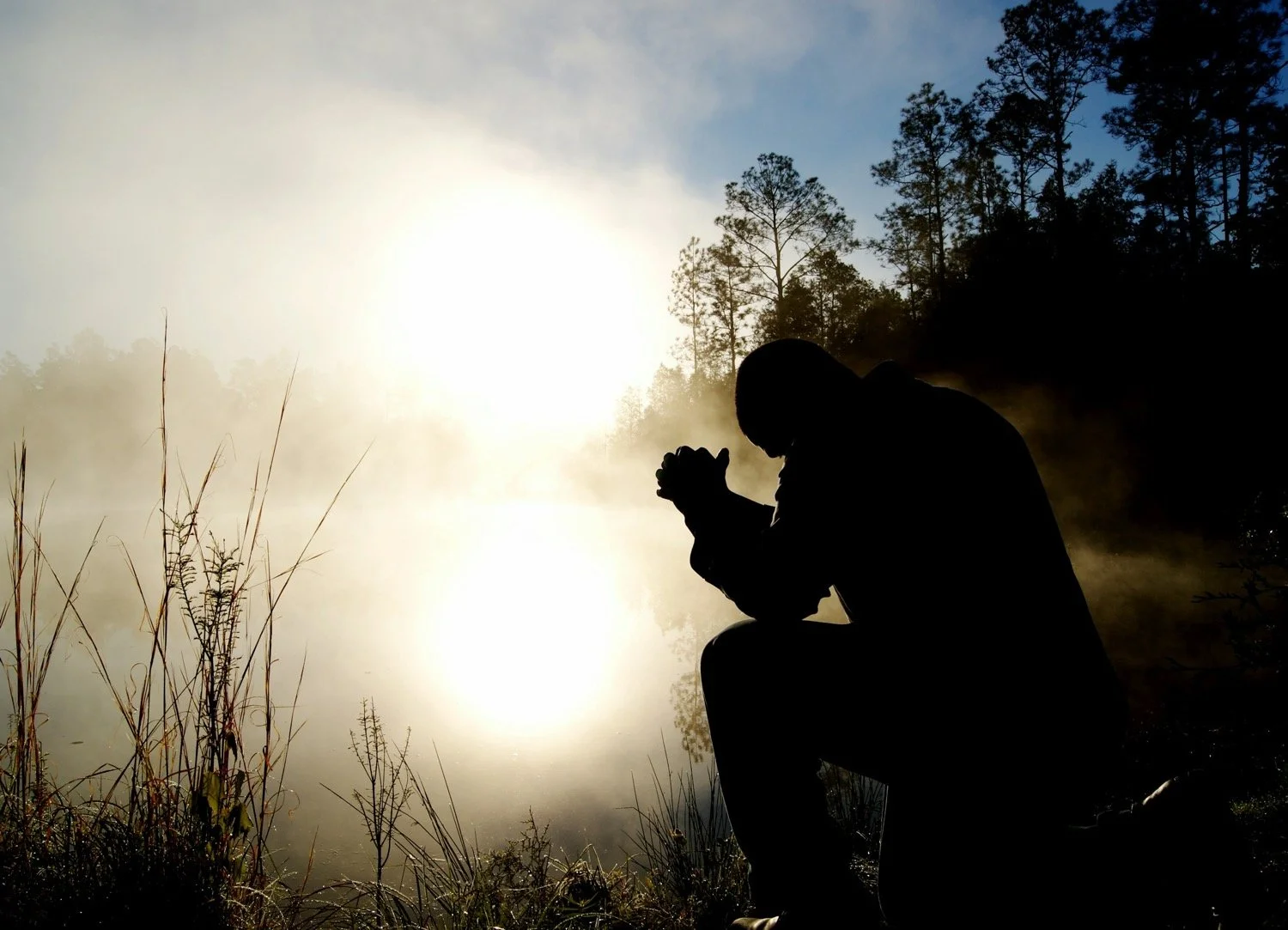Readings for today: 2 Chronicles 4-7, Psalms 134, 136
“If my people, my God-defined people, respond by humbling themselves, praying, seeking my presence, and turning their backs on their wicked lives, I’ll be there ready for you: I’ll listen from heaven, forgive their sins, and restore their land to health.” (2 Chronicles 7:14 MSG)
What will it take to win our nation to Christ? I’ve spent countless hours praying over and pondering this question. I’ve traveled the world and asked this same question of believers in different countries, some far more hostile to the gospel than my own. I’ve watched different Christians in different places use different methods as they sought to win their nation for Jesus. Some use politics. Some use social protest. Some seek to leverage wealth and power. Some seek to build a platform and become an influencer.
The most effective method by far happens to be the most ancient. The most biblical. Plant churches. Evangelize the lost. Serve the world with humility, sacrificial love, and an abundance of grace. The time I spent in Ethiopia recently only reinforced this truth for me. As we meet with indigenous denominational leader after indigenous denominational leader, we hear the same thing. They each love their nation. They have a passion to see their people come to Christ. They are united in their efforts to reach the lost. So what are they doing? They are praying fervently. They are sending church planters to some of the hardest to reach areas of their country. Regions where warfare has recently raged. Regions where there is famine and potential starvation. Regions where there is tribal unrest. No hardship is too great. No suffering too much to endure. They ”count everything as loss when compared to the surpassing worth of knowing Christ” and they are winning a nation to Him as a result.
Imagine what could happen if the US church would rediscover a similar passion? Imagine what could happen if believers in the US developed a passion for evangelism? Committed their time and resources and energies to planting churches in neighborhoods where there is no gospel presence? Imagine if we could put aside our denominational and secondary theological differences? Humbly repent of our sin? Imagine if instead of seeking to dominate, we instead sought to serve? After all, it is God’s steadfast love - “hesed” in the original Hebrew - that leads to repentance and revival.
Do you pray for revival? Revival in God’s Church? Revival in our nation? Revival in your own heart? For years now, this verse from 2 Chronicles has been lifted up as the model prayer for revival. So how do we put it into practice? We humble ourselves. Before the Lord. Before each other. Before the world. We are broken people. We are sinful people. We have no right to claim any moral high ground. We ask God to continue His sanctifying work in us. We beg the Holy Spirit to give us eyes to see and ears to hear and hearts to understand the mind of Christ. We seek God’s face. We stop believing the world revolves around us. We stop treating God like some on-call, cosmic concierge whose only purpose for existence is to meet our emotional needs. We stop treating worship like a consumer product and instead give God the worship He deserves in the way He demands. And finally, we turn from our wicked ways. We come clean. We confess. We repent. We make ourselves vulnerable and transparent before God, before each other, and before the world. Most importantly, we do these things authentically with no other agenda than to come clean before our Heavenly Father.
Readings for tomorrow: Psalms 146-150




